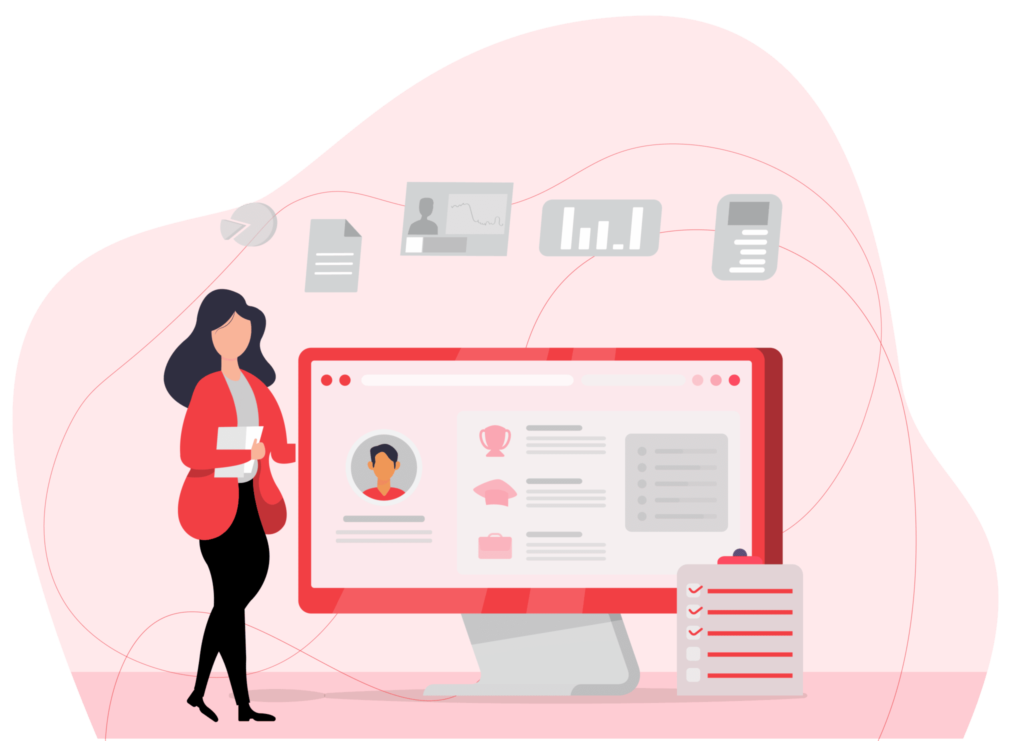Overview of Machine Learning Engineer (TensorFlow) Test
The machine learning engineer (tensorflow) assessment evaluates a candidate’s proficiency in using tensorflow to design, build, train, and deploy machine learning models.
Skills measured
- TensorFlow Fundamentals
- Model Building and Training
- Data Preprocessing and Visualization
- Model Deployment and Serving
- Neural Networks
- Model Optimization and Tuning



